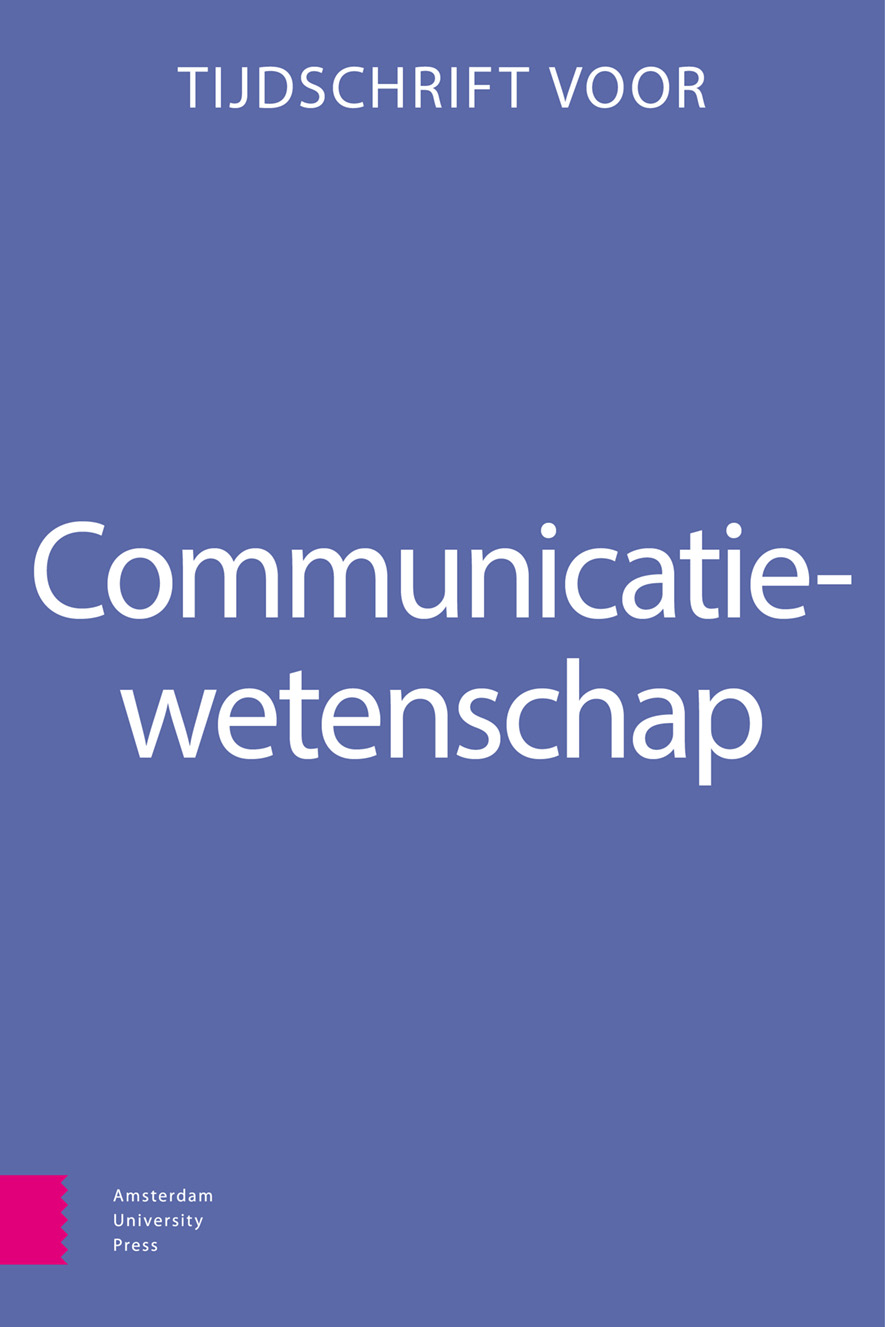-
oa De digitale schandpaal
De invloed van internet op het verloop van affaires en schandalen
- Amsterdam University Press
- Source: Tijdschrift voor Communicatiewetenschap, Volume 38, Issue 2, Jun 2010,
Abstract
The Digital Pillory: The impact of the Internet on the development of scandals
This article explores the consequences of the changing public arena for the way scandals develop. Scandals, defined as a process of public outrage over a (presumed) transgression of the dominant morality, used to be the domain of the professional mass media. The Internet seems to offer a more level playing field for actors who want to trigger a scandal by disclosing compromising information. But what exactly is the role of the Internet in the different stages of a scandal; which type of actors are dominant and how do media and these websites interact? A qualitative and quantitative analysis of four recent Dutch scandals shows that the Internet, more specifically semiprofessional weblogs can indeed play an important role in exposing, accusing and denouncing the culprit. But the professional media are still very important; when they refuse to adopt a disclosure by bloggers the scandal fails. The role of the Internet users is mainly reactive, but the scale of outrage on the Internet fuels the scandal process.


